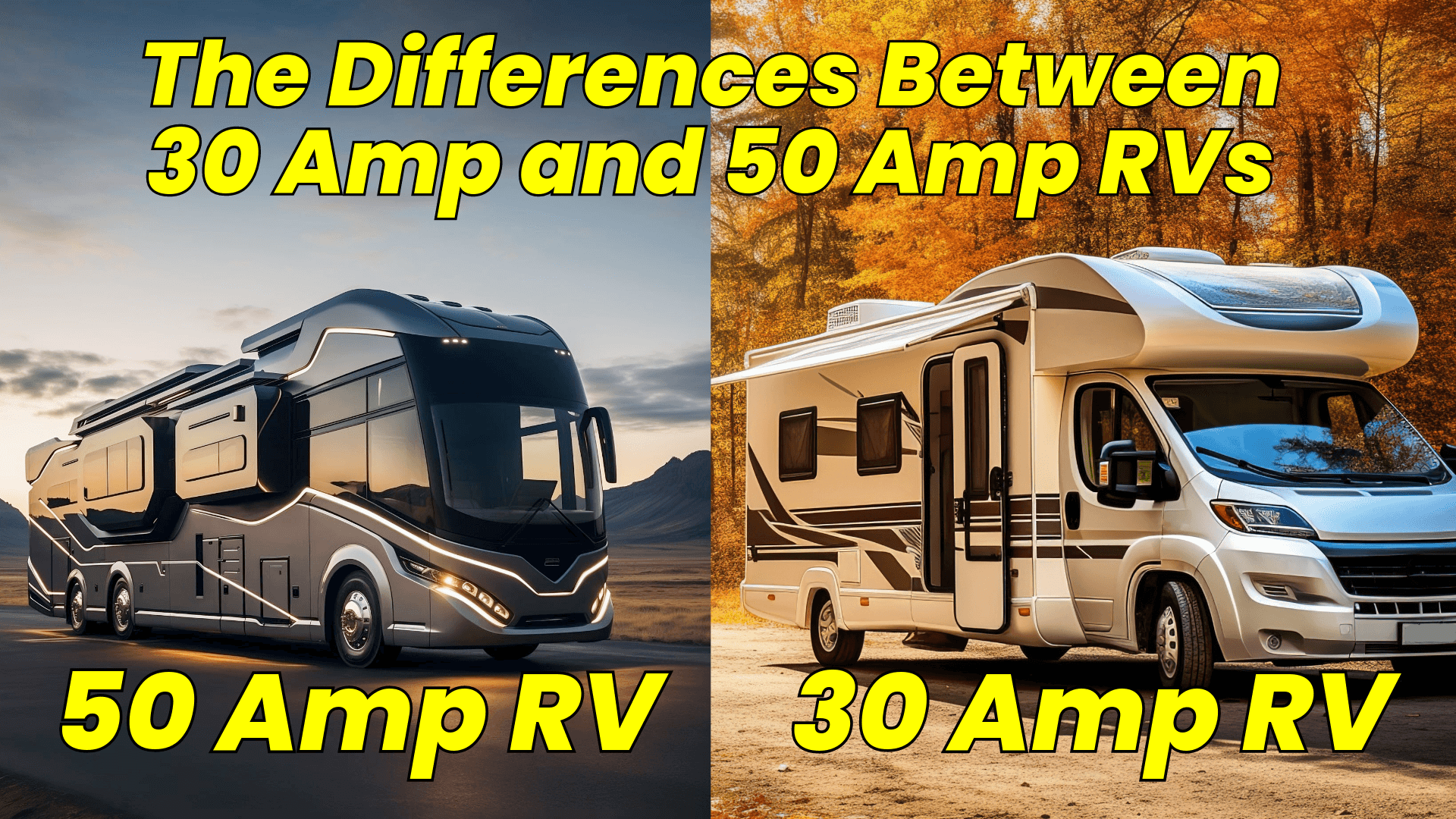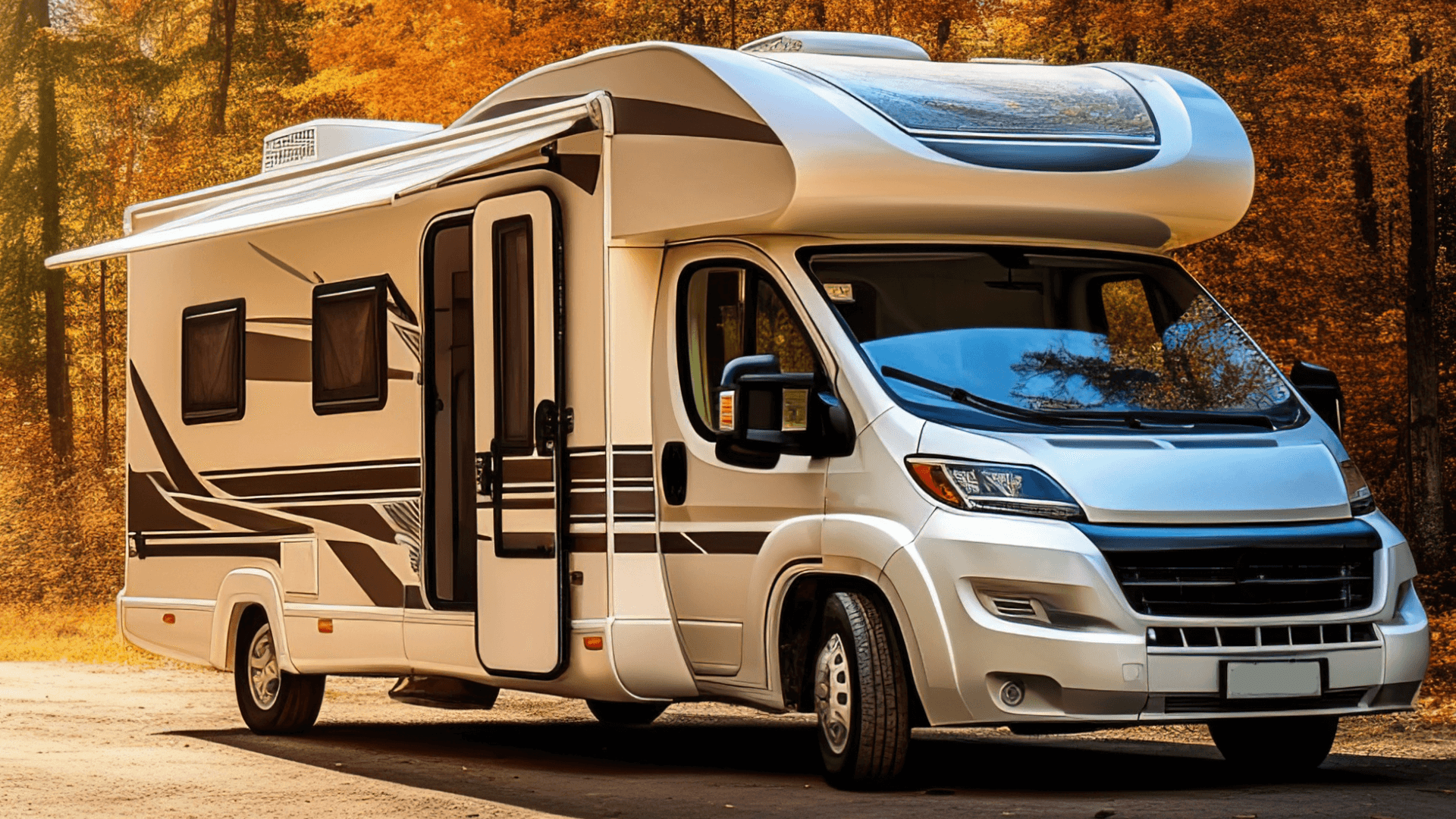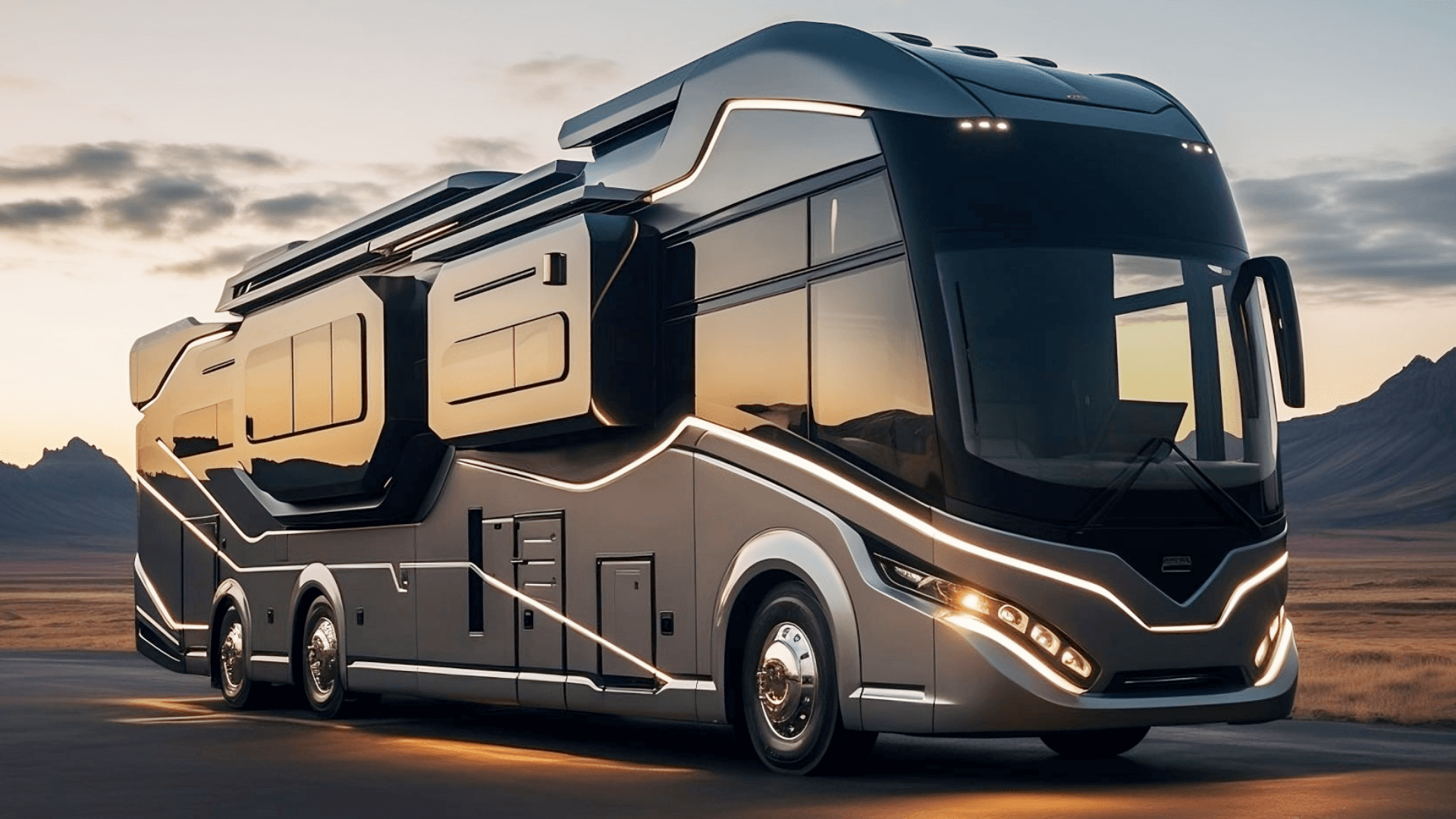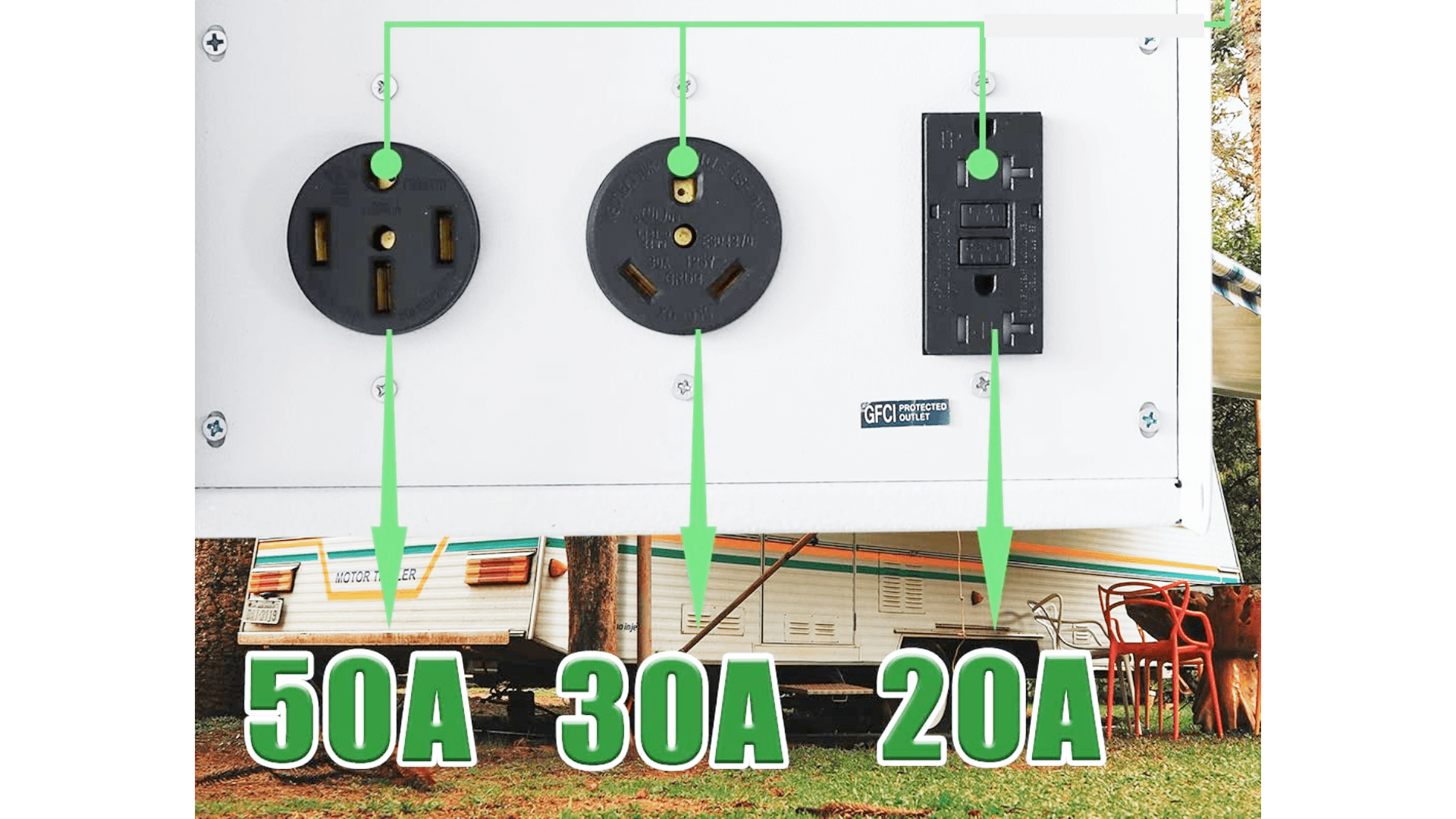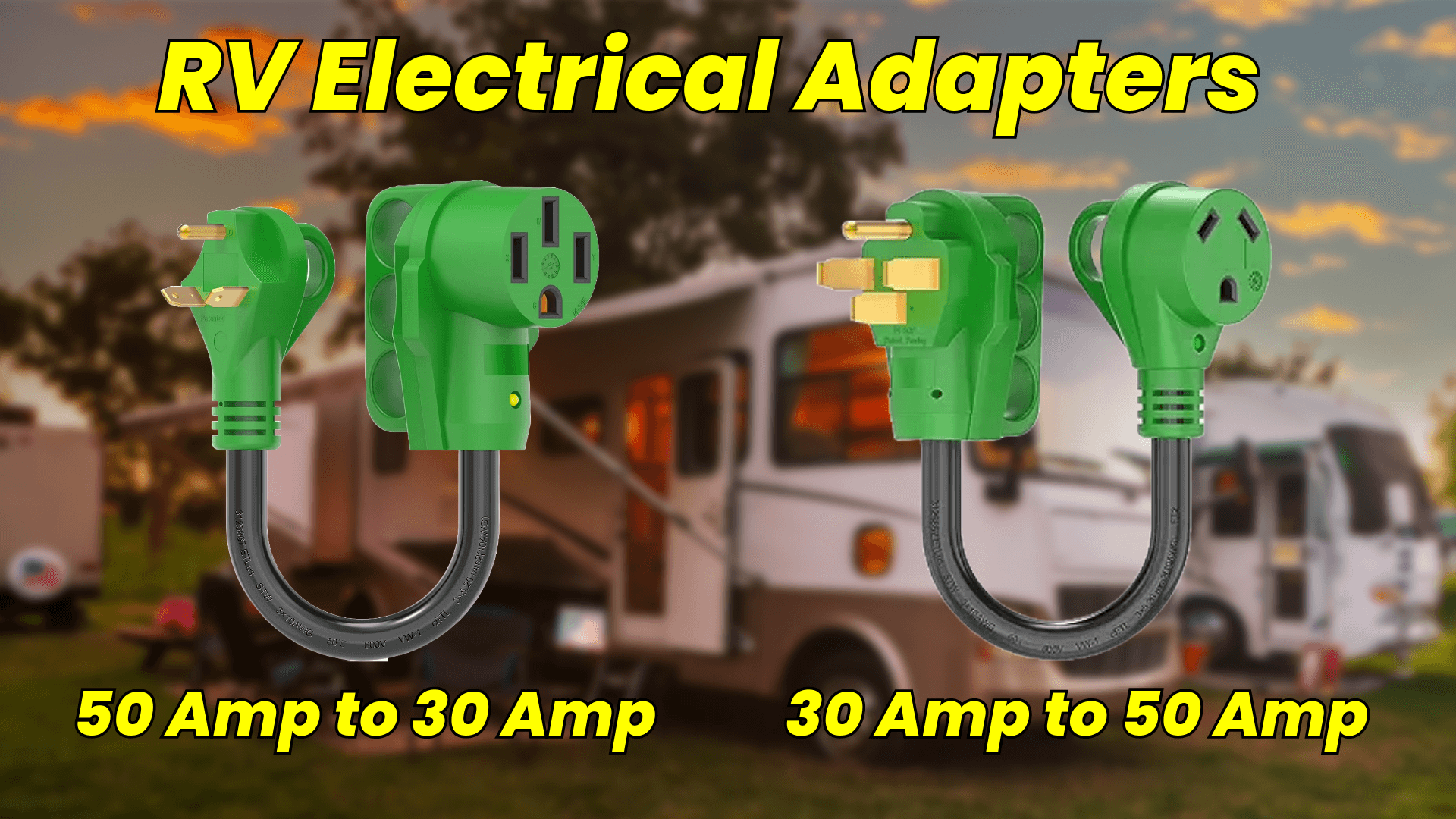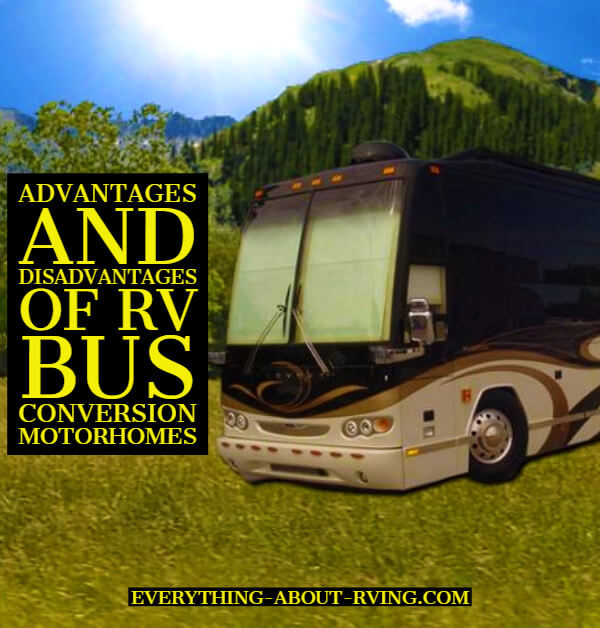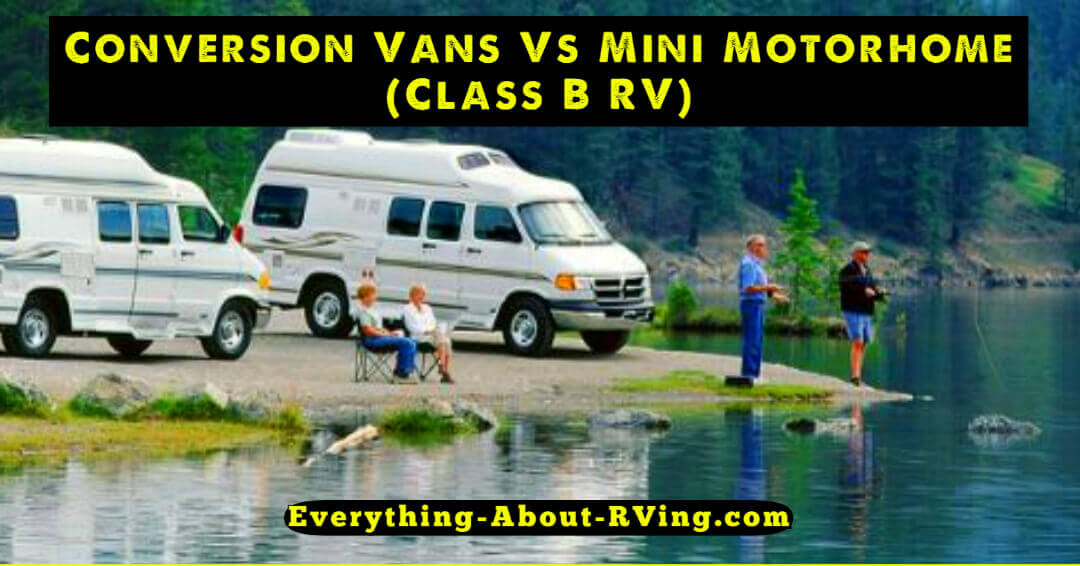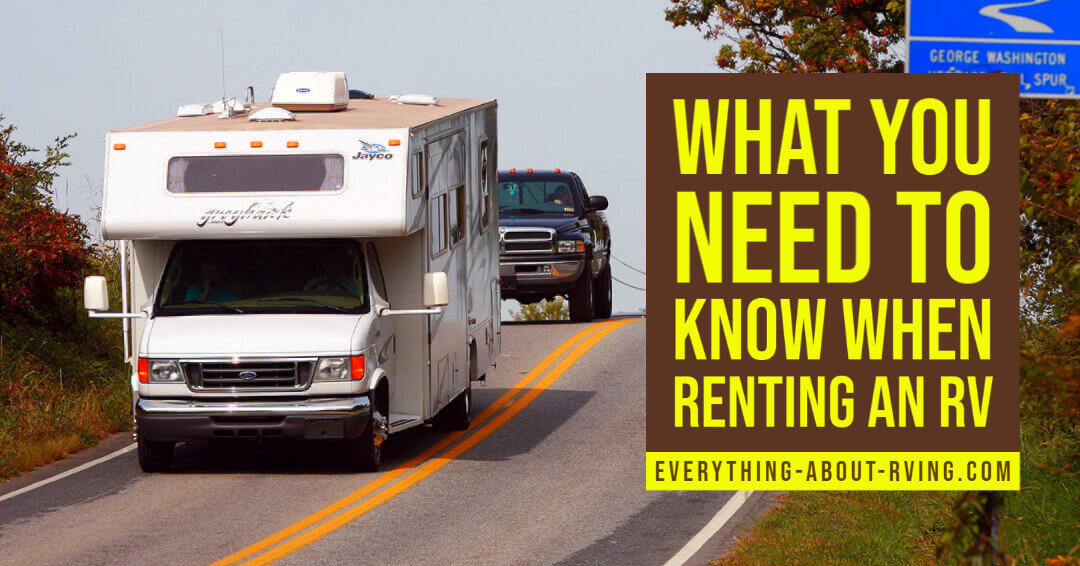FTC Disclosure: I get commissions for purchases made through some of the links in this article for more information, visit our Advertising Disclosure Page.
You can subscribe to the Everything About RVing YouTube Channel for some great videos about RVing
- Home Page
- The Types of RVs
- Differences Between a 30 Amp RV and a 50 Amp RV
Understanding the Differences Between a 30 Amp RV and a 50 Amp RV
Introduction
When it comes to RVing, understanding the differences between a 30 Amp RV and a 50 Amp RV is essential. These two power systems serve as the lifeblood of your RV, ensuring that all your appliances and gadgets function smoothly. This comprehensive guide will dig into the distinctions between these two systems, helping you make an informed decision for your RV adventures.
The video below will give you a brief overview of the differences between a 30 amp RV and a 50 amp RV.
You can subscribe to the Everything About RVing YouTube Channel for some great videos about RVing
What Exactly Are 30 Amp and 50 Amp RVs?
Before digging into the differences between a 30 Amp RV and a 50 Amp RV Let's start by clarifying what these terms mean:
30 Amp RV
A 30 Amp RV system delivers 30 amps of electrical current to your RV. It's a common standard for many smaller and older RVs. This setup is suitable for running essential appliances but may not support heavy-duty devices simultaneously.
50 Amp RV
A 50 Amp RV, on the other hand, offers a more robust power supply. With 50 amps of current, it can handle multiple high-power appliances and devices concurrently. This makes it an excellent choice for larger, more modern RVs.
Power Capacity and Compatibility
Pictured Above: SPHHOEN RV Electrical Outlet Panel with 20, 30, 50 Amp Receptacle Installed, with Breaker, Prewired and Unmetered, Weatherproof, Fit for motorhomes.
Understanding these systems' power capacity and compatibility is crucial for a seamless RVing experience.
30 Amp RV
- Power Capacity: Up to 3600 watts (30 amps x 120 volts).
- Compatibility: Smaller and older RVs often come equipped with 30 Amp systems.
50 Amp RV
- Power Capacity: Up to 12,000 watts (50 amps x 240 volts).
- Compatibility: Larger and newer RVs typically feature 50 Amp systems.
Appliances and Devices
Consider the appliances and devices you plan to use while RVing to determine which system suits your needs
30 Amp RV
- Suitable for running basic appliances like lights, air conditioning, and smaller kitchen appliances.
- It is not ideal for power-hungry devices such as large refrigerators or multiple air conditioners.
50 Amp RV
- Can power multiple air conditioners, large refrigerators, washer/dryer units, and other high-demand appliances.
- Perfect for those who enjoy the comforts of home while on the road.
Good Sam Club members enjoy instant discounts on fuel. Join Today!
Campground Compatibility
Your choice of an RV park or campground can affect your power options.
Pictured Above: 30 amp to 50 amp RV electrical Adapter and 50 amp to 30 amp RV electrical Adapter
30 Amp RV
- Most campgrounds offer 30 Amp hookups.
- Suitable for travelers who frequent a variety of campgrounds.
- Even if the campground you choose only has 50 amp power, with a 50 amp to 30 amp adapter, you can safely plug your 30 amp RV into their 50 amp receptacle.
50 Amp RV
- Campgrounds with 50 Amp hookups are less common but are becoming increasingly available.
- Ideal for RVers who prefer more spacious, full-service campgrounds.
- Suppose the campground you plan to stay at only has 30 amp connections. In that case, you can use a 30 amp to 50 amp adapter to plug in your 50 amp RV, with the understanding that you will not be able to use multiple major appliances simultaneously, like running 2 Air conditioners in your RV simultaneously.
Upgrading Your RV's Electrical System
If you have an older RV with a 30 Amp system and wish to upgrade, converting to a 50 Amp system is possible, but it can be a complex and costly process
Frequently Asked Questions Understanding the Differences Between a 30 Amp RV and a 50 Amp RV
Can I plug my 30 Amp RV into a 50 Amp hookup?
Can I plug my 30 Amp RV into a 50 Amp hookup?
You can use a 30 Amp to 50 Amp adapter to connect your 30 Amp RV to a 50 Amp hookup. However, remember that your RV's internal systems won't receive more power; it merely provides compatibility.
Do I need a 50 Amp RV if I don't use many appliances?
Do I need a 50 Amp RV if I don't use many appliances?
Not necessarily. If you're content with using fewer power-hungry devices and appliances simultaneously, a 30 Amp RV may suffice. It's essential to assess your specific needs
Can I upgrade my 30 Amp RV to a 50 Amp system
myself
Can I upgrade my 30 Amp RV to a 50 Amp system
myself
While it is technically possible, we strongly recommend hiring a professional electrician to perform this upgrade. It involves rewiring and may require modifications to your RV's electrical system.
Are 50 Amp RVs more expensive than 30 Amp RVs?
Are 50 Amp RVs more expensive than 30 Amp RVs?
Generally, 50 Amp RVs tend to be larger and more feature-rich, which can result in a higher purchase price. However, the cost difference can be offset by the convenience and comfort they offer.
Can a 30 Amp RV run air conditioning?
Can a 30 Amp RV run air conditioning?
Yes, a 30 Amp RV can run air conditioning, but it may struggle to power multiple units or other high-wattage appliances simultaneously
Are 50 Amp RVs more energy-efficient?
Are 50 Amp RVs more energy-efficient?
Not necessarily. Energy efficiency depends on your RV's specific appliances and systems rather than the electrical system itself.
Conclusion
In conclusion, choosing between a 30 Amp RV and a 50 Amp RV depends on your preferences, RV size, and the appliances you plan to use. Both systems have their advantages, so carefully consider your needs to ensure a comfortable and enjoyable RVing experience.
